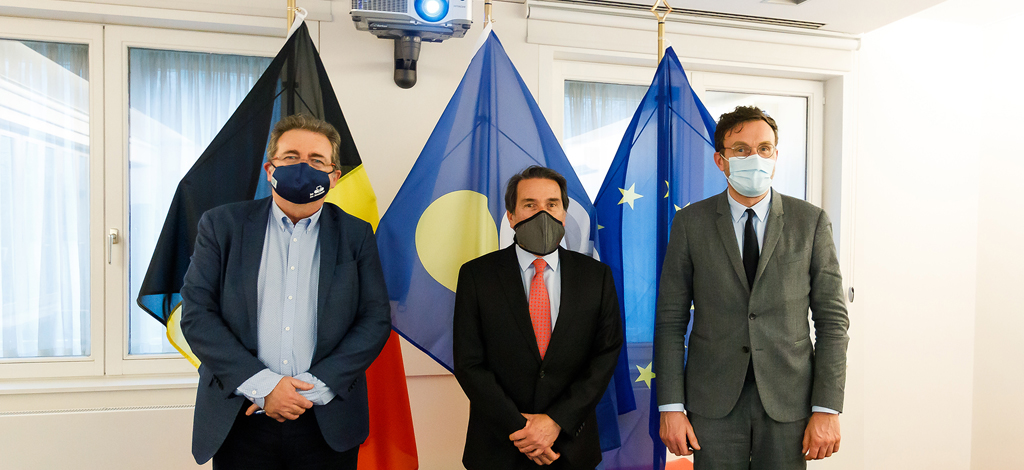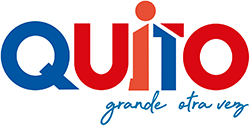Brussels and Quito have signed a MOU
On Wednesday 13 January 2021, Brussels Minister-President Rudi Vervoort and Pascal Smet, the State Secretary responsible for International Relations, signed a memorandum of understanding (MOU) with their counterparts of the Ecuadorian capital Quito. In the next two years, the two cities will explore opportunities for cooperation in various areas. At the top of the list are heritage (the city centre of Quito is listed as UNESCO World Heritage), urban development, and chocolate, of course.
The signing of this MOU took place during a digital meeting. Rudi Vervoort and Pascal Smet signed the document in Brussels, in the presence of Dr Pablo Ortiz García, the Ecuadorian ambassador to Belgium. At the same time, Mayor Jorge Yunda Machado signed the document in the Ecuadorian capital. The entire ceremony was live-streamed.
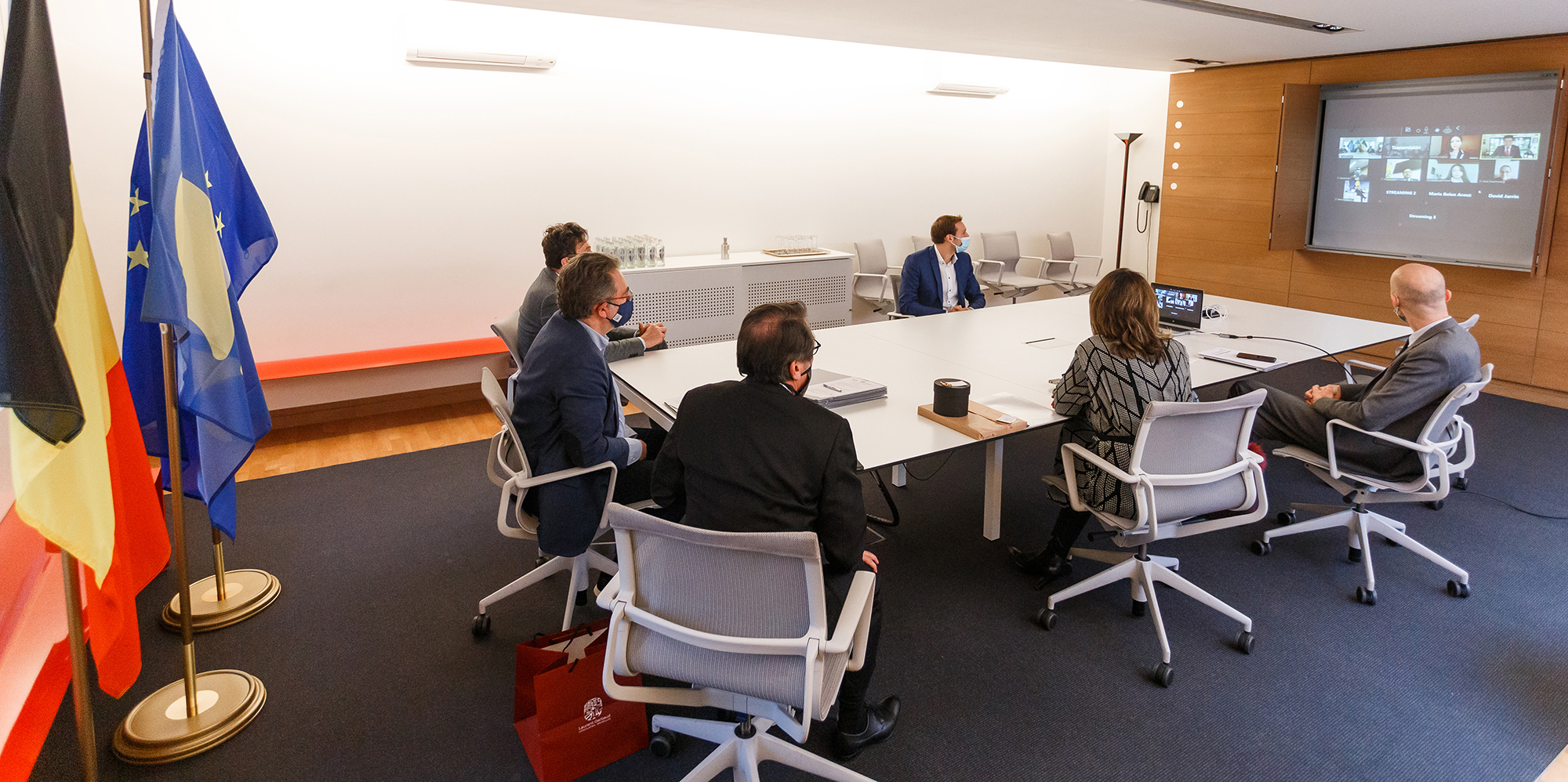
The two cities agreed to explore the opportunities for long-term structural cooperation over the next two years. This approach is part of the international strategy of the Brussels-Capital Region (BCR), which consists of analysing the opportunities for cooperation in an in-depth manner, before making a long-term commitment.
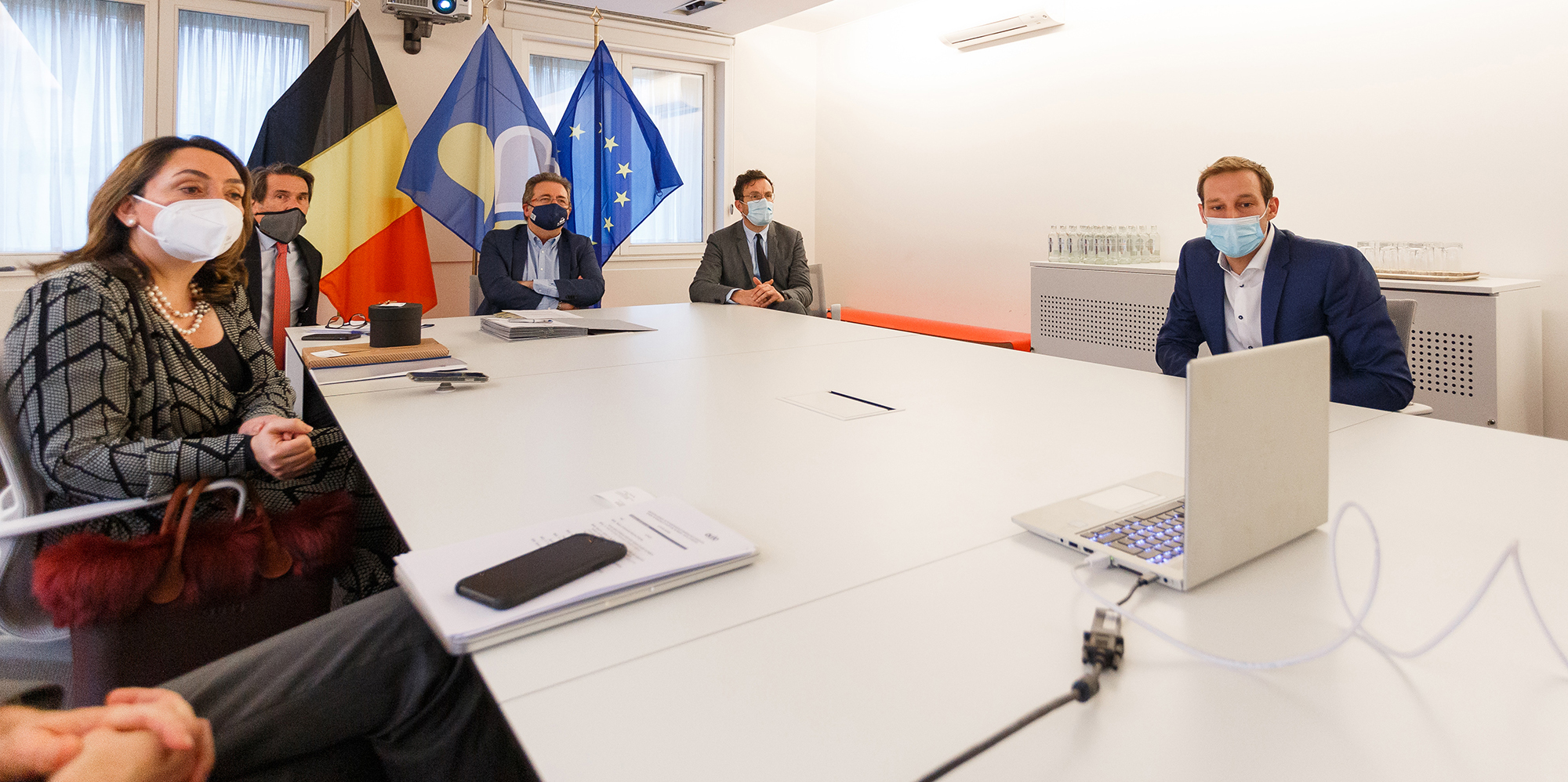
The BCR and Quito will jointly examine which information to exchange, which initiatives to set up and how to develop their cooperation, in particular in three areas, namely heritage, urban development and chocolate.
UNESCO heritage
The preservation of heritage and monuments is one of the areas in which the cities intend to cooperate in the future. Both Brussels and Quito boast a superb historic heritage, which is recognised the world over.
The historic city centre of Quito, which is listed as a UNESCO World Heritage Site, is one of the largest and best-preserved city centres in Latin America. Brussels, meanwhile, is recognised as the world capital of Art Nouveau. Several buildings in this distinctive style are registered as UNESCO World Heritage Sites. The city’s impressive Grand-Place is also world-renowned. “The most beautiful square in the world” is also listed as UNESCO World Heritage.
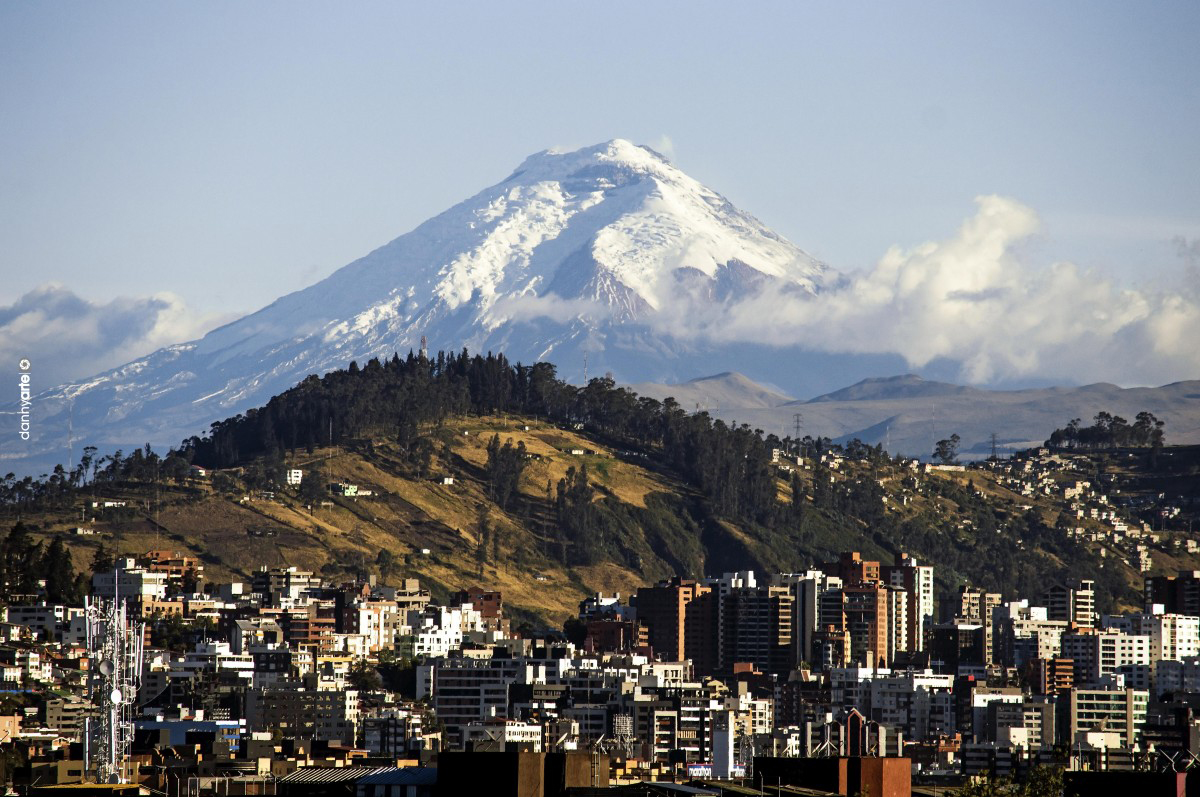
Sustainable cities on a human scale
Urban development and mobility also provide plenty of opportunities for cooperation between the two capitals.
For many years, Brussels has been prioritising the quality of its public space and soft mobility, to create a city on a human scale, that places citizens at the heart of its development.
Quito, meanwhile, won the United Nations “Momentum for Change” award in 2017, for its efforts in terms of sustainable urban development.
A shared passion for chocolate
At trade level, Brussels and Quito also share a common denominator, namely chocolate.
Ecuador is a major chocolate producer and Brussels a major processor of this raw material, earning it the status of “chocolate capital”. There undoubtedly are plenty of interesting possibilities for the two cities to intensify their cooperation and promote their world-class expertise.
Numerous opportunities for cooperation
Finally, the two cities will also explore possibilities for cooperation in other areas over the next two years, such as the inclusion of the LGBTIQ+ community, health, culture, environment, tourism, and scientific research.



